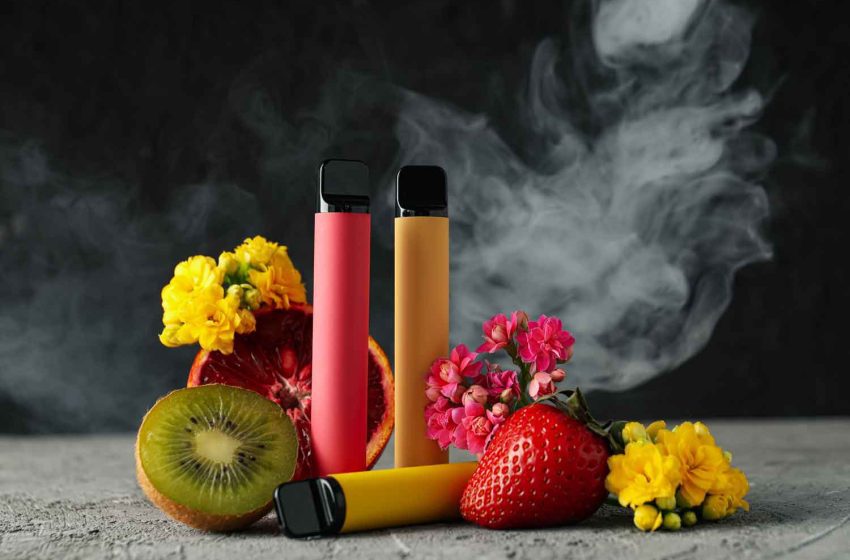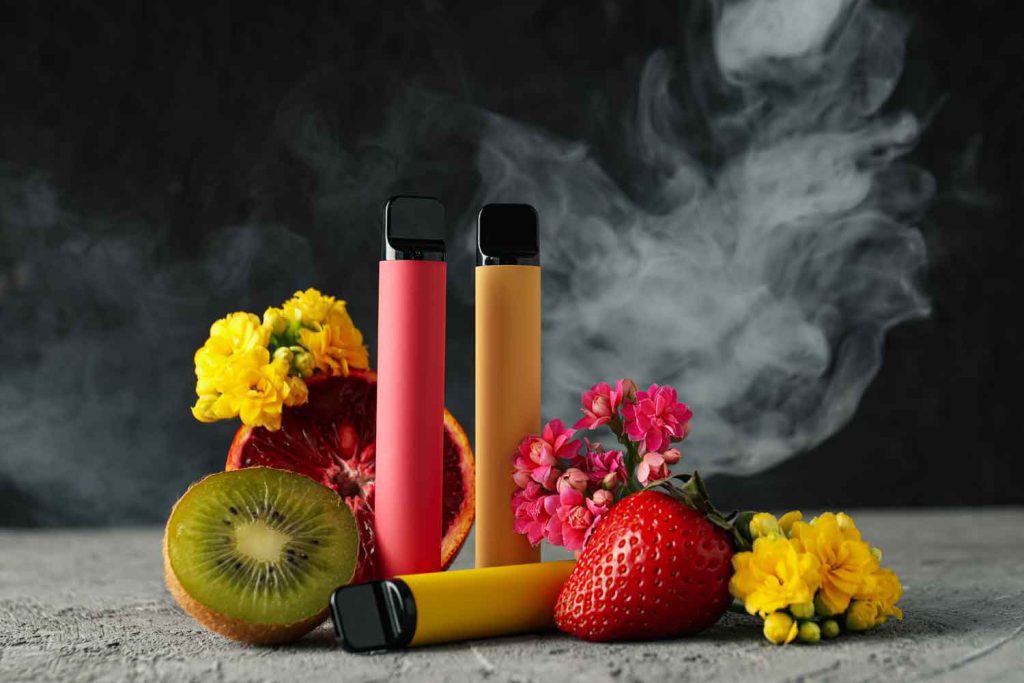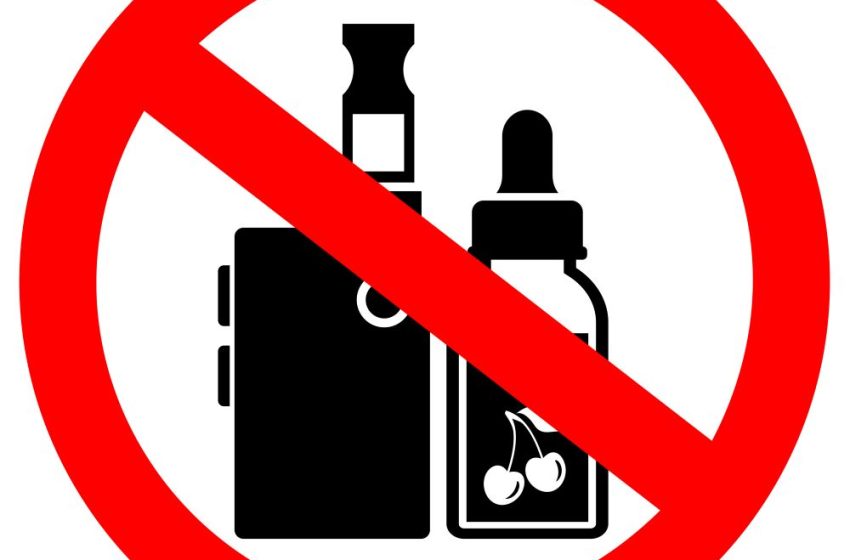
The Cyprus government is moving to ban the sale of flavored heated-tobacco products (HTPs) following the Ministerial Council’s decision to adopt the relevant European legislation, according to In-Cyprus.
HTPs still allowed on the market will have to apply special warning labels and images to packaging, which will align the packaging with that of conventional cigarettes.
The aim of these changes is to “harmonize national legislation with European directives, as today’s Ministerial Council approved an amendment to regulations regarding the withdrawal of certain exemptions for heated-tobacco products.”
The council decided on the “extension of the ban on the sale of tobacco products with characteristic aroma/flavor or containing aromatic substances in any of their ingredients and on heated-tobacco products.”
“It was also decided to include verbal warnings/notifications about the harmful effects of smoking on the packaging of heated-tobacco products. These warnings will be accompanied by deterrent images.”
“In the legislation for smoking control, established in 2017, these products were exempted, and the sale of conventional cigarettes and rolling tobacco that contained aromatic substances in their ingredients was prohibited,” said Health Minister Popi Kanari. “With these regulatory amendments, the sale of heated-tobacco products containing aromatic substances in any of their ingredients is prohibited beyond conventional cigarettes and rolling tobacco.”
“The amendment does not apply to vaping products that contain liquid but only to the category involving heated-tobacco products in which cigarettes with aromatic substances are placed,” said Kanari.


















